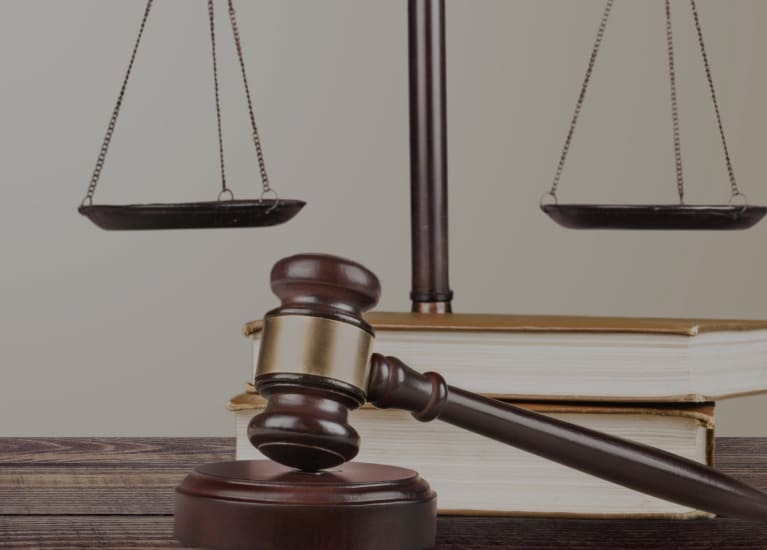
When you pass away, the state will look to your will and your estate plan to determine who inherits which parts of your estate. That’s why creating a will and having a functioning estate plan in place is so important. Without it, the state is left to determine who receives which assets based on the state’s order of inheritance. But even if you explain how you want your estate managed, it may need to go through probate, and the probate process can take time. Here’s what you need to know about probate and how your Illinois estate planning attorney may be able to help.
What Is Probate?
Probate is the process of examining your estate and settling outstanding debts before distributing assets to your appointed loved ones. It gives the state a chance to make sure your will is valid and enforceable prior to distributing assets to your heirs. The goal of the process is to ensure proper handling of your assets to reduce the risk of disputes between your loved ones.
The Probate Process Explained
Though every estate is unique, the probate process used to examine and distribute assets will largely be the same. Here are the main steps:
Notification of Family Members
Once the will is filed with the court, the court will notify family members that the probate process has started. They’ll receive information about any upcoming hearing dates and will be given the opportunity to appeal the will if they so choose. Notice of the hearing must also be made public by publishing a notice in a local newspaper.
Notification of Creditors
Once the family members are notified, your creditors must also be notified of your passing and the beginning of the probate process. This is done to give those creditors a chance to sue your estate for any outstanding debts. But there’s a time limit. If creditors don’t file within six months of receiving notice, they waive their right to collect payment for your debt.
Creation of Estate Inventory
Before the distribution of assets can begin, the estate attorney must create an inventory of all assets in the estate. This includes artwork, vehicles, homes, investments, and other similar assets. But it also includes a total of your debts and outstanding loans. Once they have an accurate inventory, the estate will be appraised to determine its value.
Repayment of Debt and Expenses
With the completion of the appraisal, the executor can use those assets to settle any outstanding debts your estate may have. If there are cash assets in the estate, those may be used first to settle what you owe. But if your cash assets were depleted or are held in a trust, they may sell portions of your estate to pay your creditors. Anything left over can go to your heirs.
Distribution of the Estate
Once expenses are repaid, the court will distribute assets to your heirs. If you left a clear and enforceable will, they’ll follow your wishes as best as possible. If you didn’t provide a will, the court will follow the state’s order of inheritance to distribute your estate.
Estate Planning Attorneys May Help You Avoid Probate
As you can imagine, the probate process can take months. You may want to look for ways to reduce the risk of your loved ones having to wait on probate to receive the assets you want them to. The best way to do that is to work with an experienced Illinois estate planning attorney. They’ll help you explore your options and explain the ins and outs of different methods you can use to speed up the distribution of your assets.
At Legacy & Life Law Firm, our team is here to help. Contact us today to schedule a consultation and build an estate plan that works for your long-term goals.
